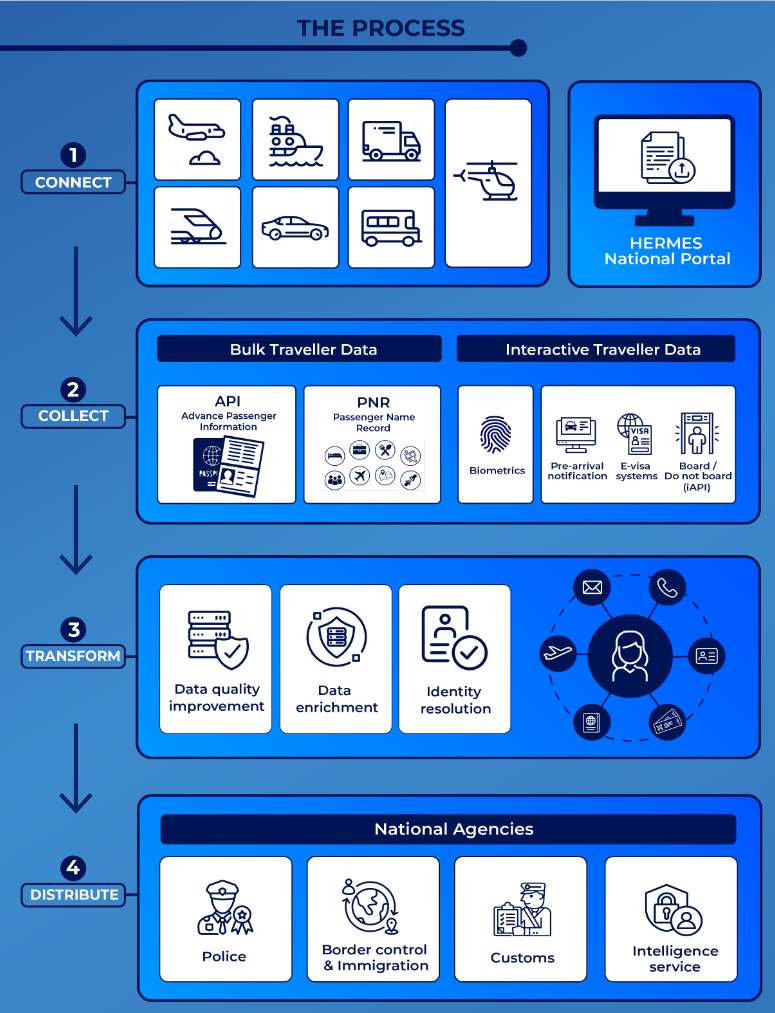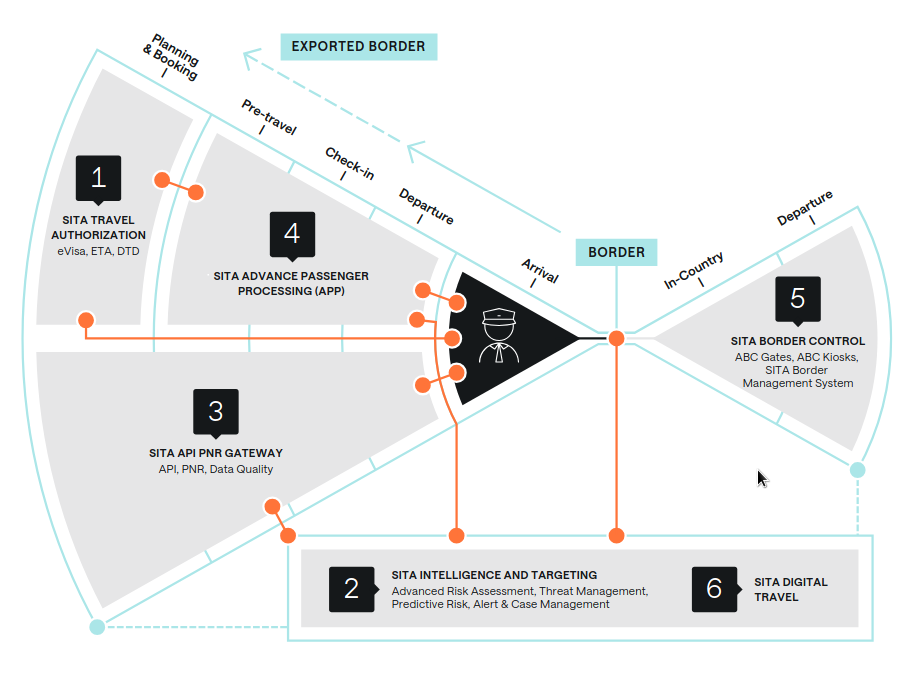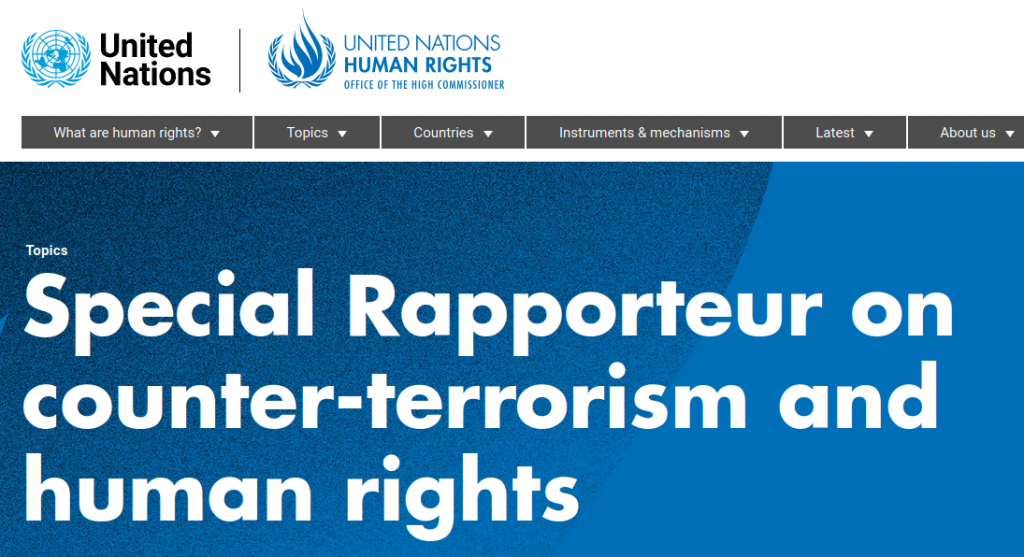FinCen demands reporting of cash transactions over $200
The Financial Crimes Enforcement Network (FinCEN) of the US Department of the Treasury has ordered all money transfer agencies and currency exchanges in seven counties in California and Texas along the US-Mexico border to file reports with FinCEN including the identities of the customers engaging in all cash transactions over $200.
Implicit in this order is that would-be customers who are unable or unwilling to provide sufficient evidence of their identity (and to allow that information and the details of their transaction to be passed on to FinCEN) will be denied these financial services.
The Geographic Targeting Order published by FinCEN in the Federal Register last Friday is effective for transactions with financial services businesses in those counties from April 14, 2025, through September 9, 2025. The Bank Secrecy Act, which authorizes such orders, limits them to 180 days but allows them to be renewed an unlimited number of times.
The misleadingly-named Bank Secrecy Act is already subject to abuse as an enabler and pretext for financial surveillance, and already requires reporting of cash transactions of $10,000 or more. But so far as we’ve been able to determine, this order lowering the reporting threshold to $200 is, even for a geographically limited area, unprecedented.
Other Geographic Targeting Orders have been issued, but typically with much higher thresholds — real estate transactions over $50,000 in Baltimore, for example. Why Baltimore, with a lower threshold than anywhere else in the US? FinCEN didn’t say.
The new order goes against growing bipartisan calls in Congress to repeal the Bank Secrecy Act or at least raise the threshold amounts for for customer identification and transaction reporting.
Nothing in the order gives any real justification for its geographic boundaries. More than a million people live in the area covered by the order, but it will actually affect a much larger number of people. Many travellers stop at “Casas de Cambio” on their way to and from border crossings in these counties to exchange cash dollars for pesos and pesos for dollars.
It’s unclear whether the goal of the order is primarily harassment or surveillance. The costs of completing the extra paperwork will undoubtedly drive up currency exchange and remittance fees and waste time for financial service businesses and their customers.



